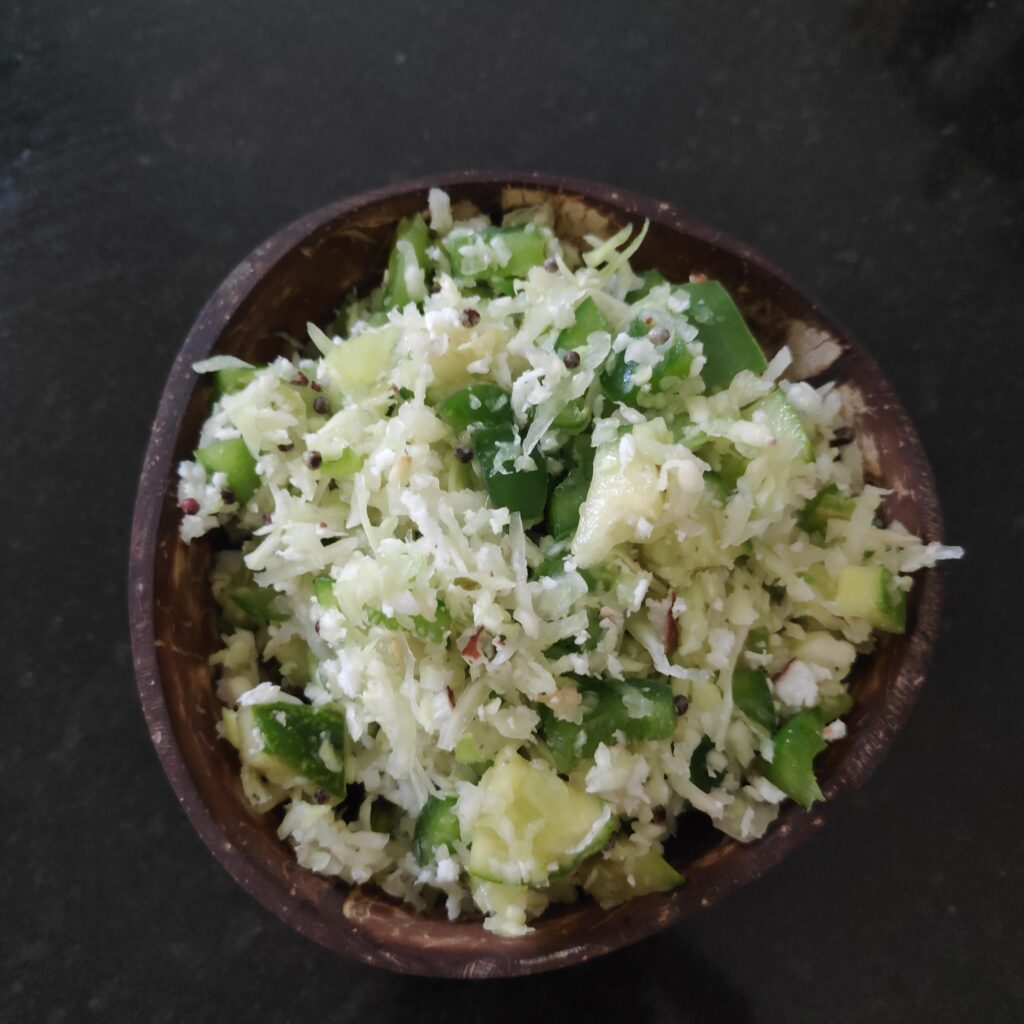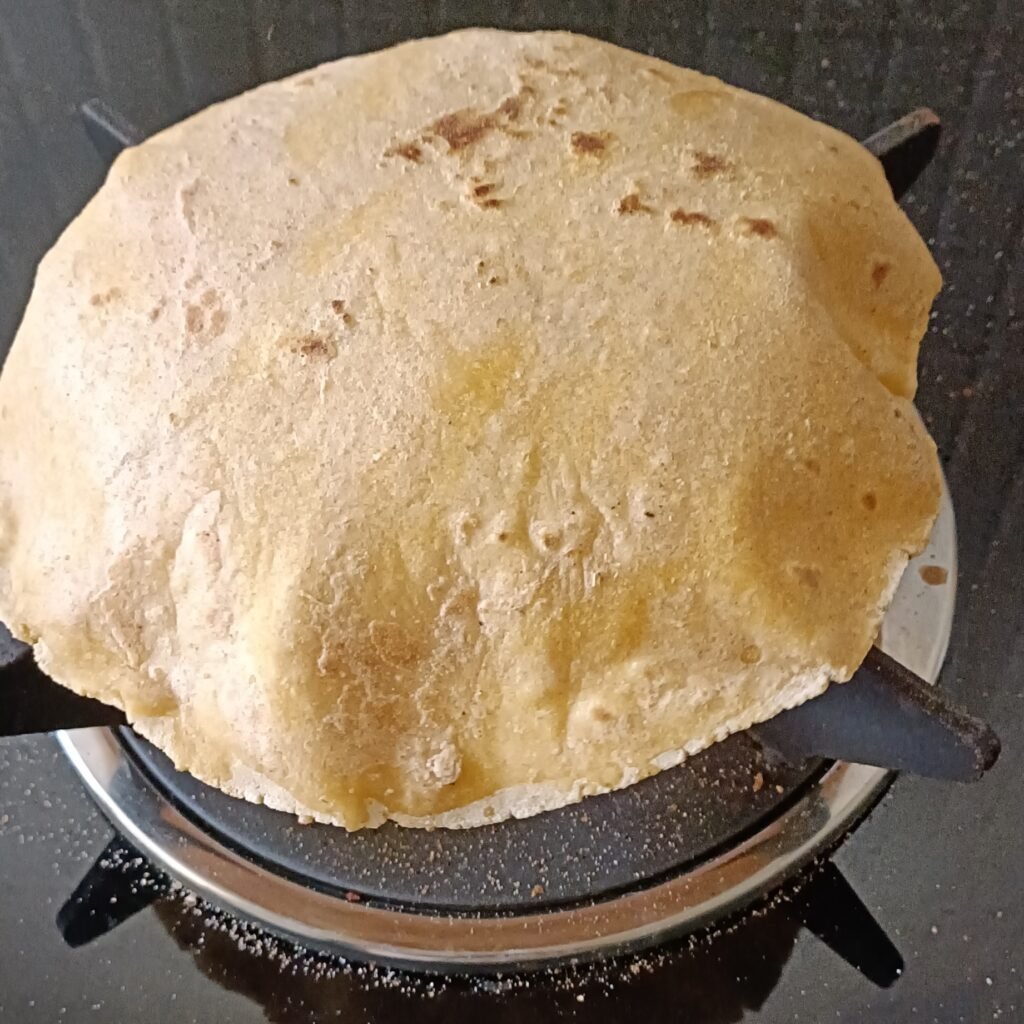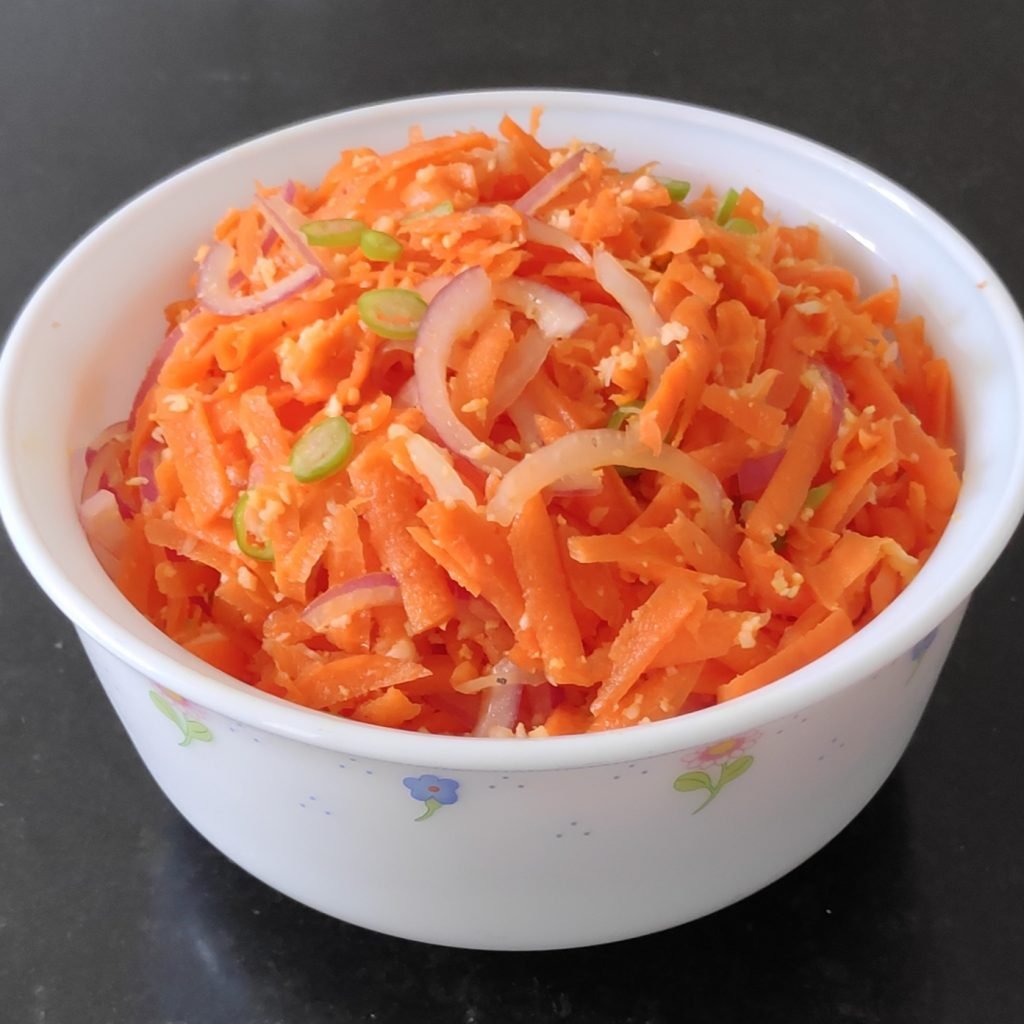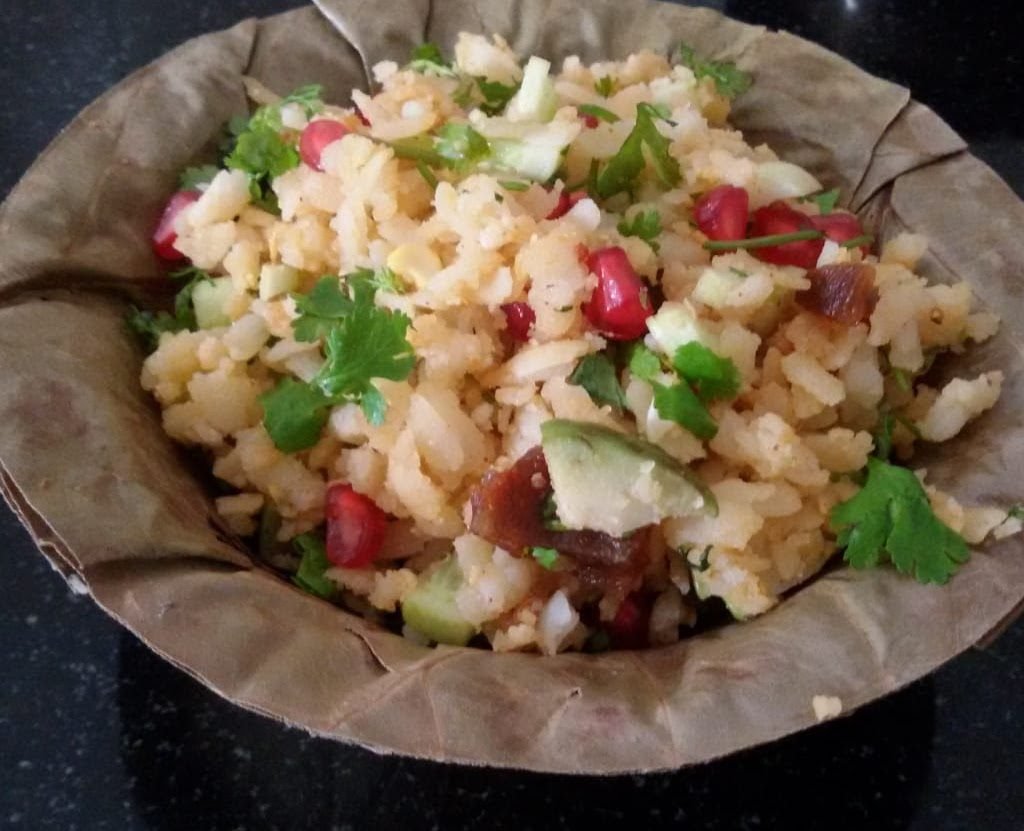Lobia Curry Punjabi Style -1 (Chawli beans/Black eyed peas)
Lobia promotes digestive health as they are a great source of soluble fiber which helps promote regularity and increase stool frequency in those with constipation. The fiber can also help prevent digestive disorders, such as acid reflux, hemorrhoids, and stomach ulcers. The soluble fiber present in lobia can also act as a prebiotic, stimulating the growth of the beneficial bacteria in the gut to help foster a healthy microbiome, which not only support digestive health but also help to reduce inflammation, enhance immune function, and reduce cholesterol levels.






